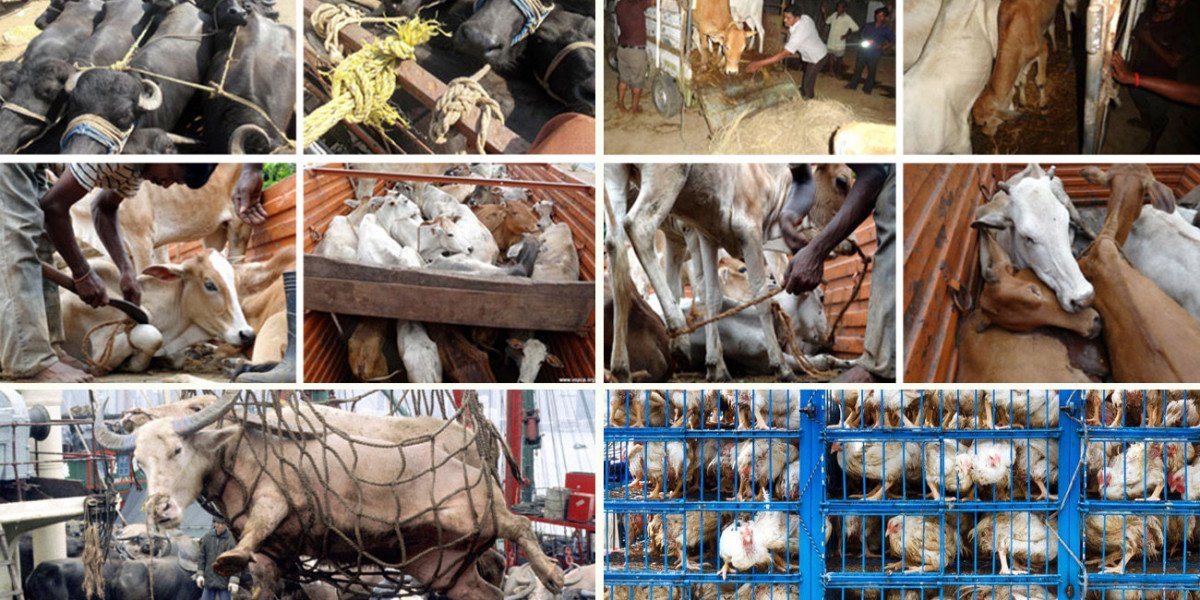Marine bycatch suffering represents a significant challenge in global fishing practices, posing threats to marine biodiversity and animal welfare. This phenomenon occurs when non-target species, such as dolphins, sea turtles, and seabirds, are unintentionally caught in fishing gear intended for other species.
The issue of marine bycatch suffering is pervasive in both industrial and small-scale fisheries. Large-scale operations often use methods like trawling and longlining, which can result in substantial bycatch due to their indiscriminate nature. These practices not only harm unintended species but also contribute to population declines and ecosystem disruptions.
The suffering inflicted by marine bycatch is profound. Animals caught unintentionally often endure injuries or die as a result of entanglement or suffocation. This impact extends beyond individual animals to affect entire populations and marine ecosystems, threatening biodiversity and food security.
Efforts to mitigate marine bycatch suffering include implementing more selective fishing methods and using technologies such as turtle excluder devices (TEDs) and acoustic deterrent devices (pingers) to reduce incidental catch. Additionally, promoting fisheries that prioritize sustainability and responsible fishing practices can help minimize the negative impact on marine life.
Consumers can also play a role in addressing marine bycatch suffering by choosing seafood products certified by organizations that support sustainable fishing practices and minimize bycatch. Supporting initiatives that advocate for improved fishing regulations and bycatch reduction measures can contribute to a more ethical and environmentally responsible fishing industry.
In conclusion, combating marine bycatch suffering requires concerted efforts from governments, industries, and consumers to adopt sustainable practices and protect marine biodiversity for future generations.
ing positive change.








